Svitlana Zalizetska, an editor for a prominent news website in the city of Melitopol. Due to understandable circumstances, she could not reveal the site’s name because she had to distance herself from the internet resource and even from her name to escape the occupation and reach free territory in Ukraine.
“We did everything possible to inform people about what was happening in Melitopol.”
Svitlana’s husband, a soldier, had repeatedly cautioned about a potential Russian invasion. While physical readiness for immediate threats is possible, mentally preparing for a large-scale invasion is extremely difficult. Despite the warnings, the sudden appearance of rockets and ‘Grad’ missiles caused shock and despair. Svitlana stepped up like a “panic pill,” using her unnamed website to inform people about the unfolding events in Melitopol.
— I was always thinking about how to write, explain, and tell the world that war had come to us, and that someone should liberate us. They were advancing rapidly, and my task was to inform them about what was happening. I tried to shout through my news: ‘We need help! Somebody pay attention!’— Svitlana recalls her experiences.
The Russian occupiers least wanted the world to know the truth about their crimes, so they sought to silence Ukrainian media and propagate their agenda. Local news sites were constantly targeted by DDOS attacks, and social media platforms were also under siege.
— We tried to go live through social media, through Telegram channels. When there was a window of opportunity, and we could post news on the website, we did so. As a team, we did everything we could to inform people about what was happening in Melitopol,— says Svitlana.
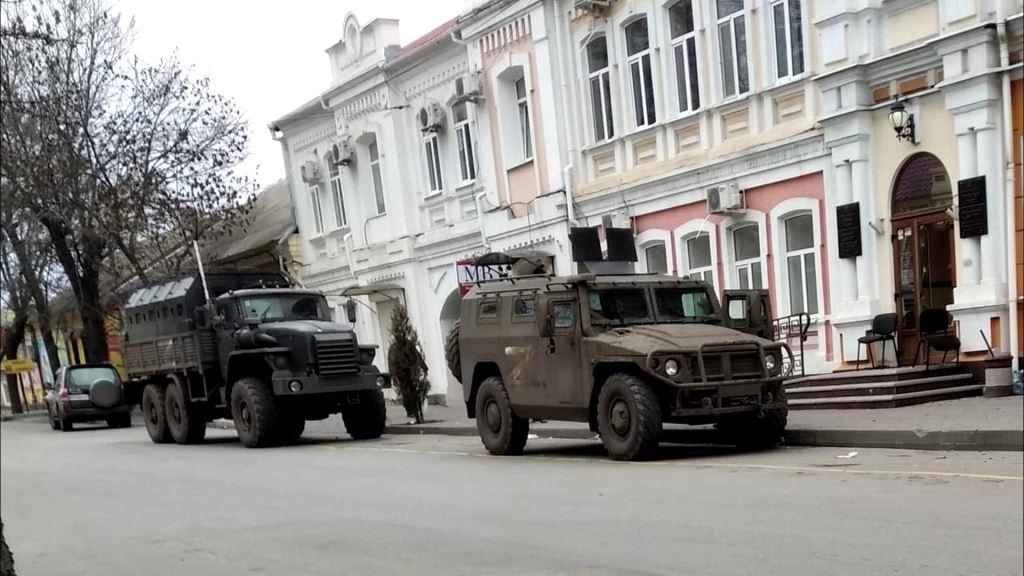
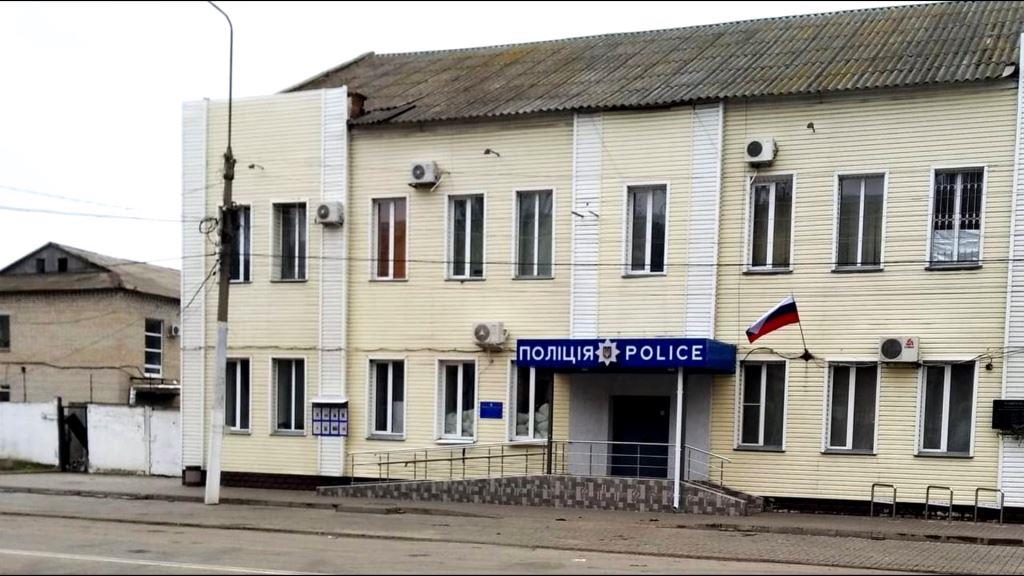
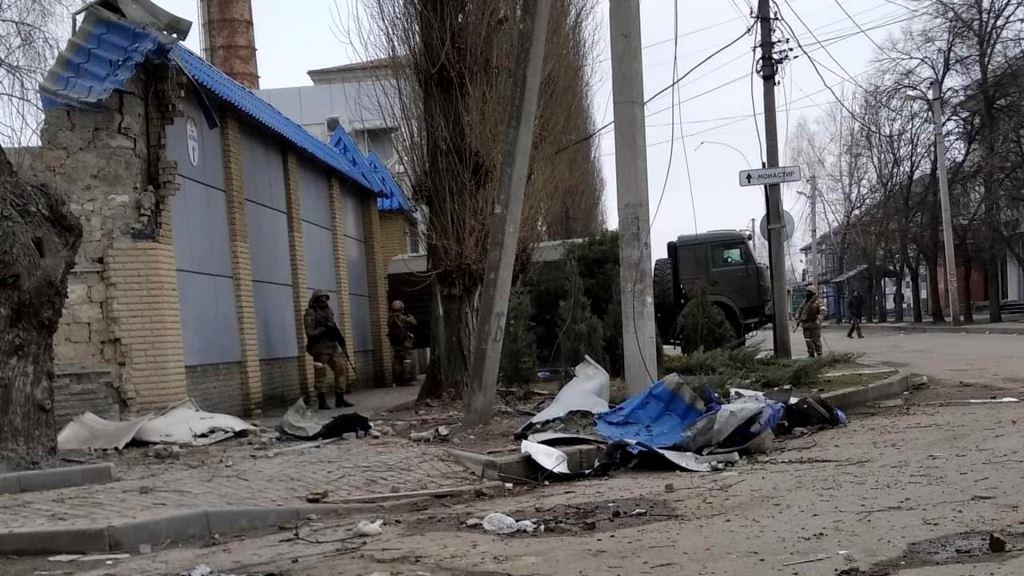
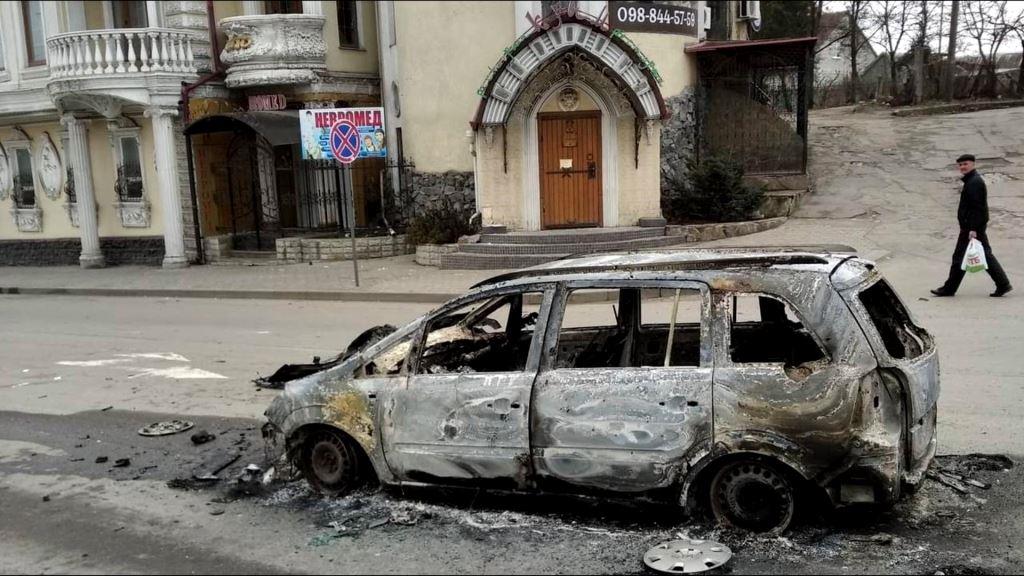
Offers of Betrayal
After some time, Svitlana received a call from Halyna Danylenko, the head of the Melitopol military-civil administration. However, her offer wasn’t about supporting local media but about… betrayal.
— She talked about a meeting she had arranged with the military commander, suggesting that I should work together with them, promising me a career ‘from Moscow to the outskirts’ and that everything would be fine. I told her there was no need to meet because I wouldn’t work with them. That was it— our interlocutor shares.
“I Left with a Stranger’s Passport. Pulled SIM Cards from Phones.”
Svitlana understood that this collaborator would call and threaten her again if she didn’t evacuate. But to leave, she needed total concealment.
— I had to leave without my documents because I was already on their lists. I went with someone else’s passport. I pulled out SIM cards from phones and tucked them into socks. I thought they wouldn’t strip-search me because I’m a woman. I took another small phone and learned how to turn it on. I added 2-3 contacts that I needed and put in a single photo – that’s all,— Svitlana shares her experience.
Thanks to meticulous planning, safety measures, and a well-prepared escape, Svitlana reached Zaporizhia, where she settled down and continued her profession.
— They portray me as a terrorist, a Nazi collaborating with all possible intelligence agencies in Ukraine. Let them weave their nonsense; I’m not concerned about it anymore. I am a journalist,— Svitlana Zalizetska concludes her story.
This series, titled Executed Free Speech, is created as part of a project Drawing Ukrainian And International Audience’s Attention To Serious Violations Of Human Rights And Crimes Against Journalists And Mass Media By The Russian Federation, which is performed by the National Union of Journalists of Ukraine, with support from the Swedish non-profit organization Civil Rights Defenders.
JOURNALISTS ARE IMPORTANT. Stories of Life and Work in Conditions of War is a cycle of materials prepared by the team of the NUJU with the support of the Swedish human rights organization Civil Rights Defenders.
#CRD

 THE NATIONAL UNION OF
JOURNALISTS OF UKRAINE
THE NATIONAL UNION OF
JOURNALISTS OF UKRAINE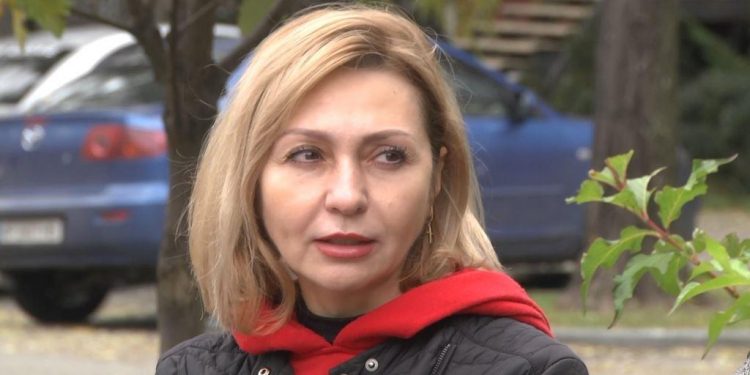
















Discussion about this post